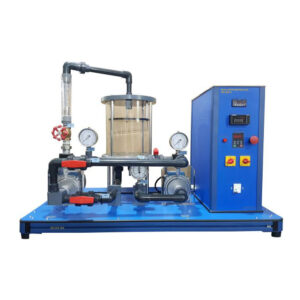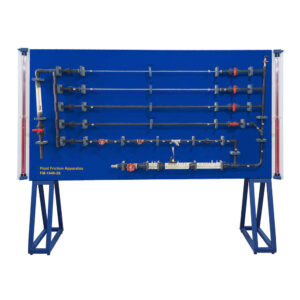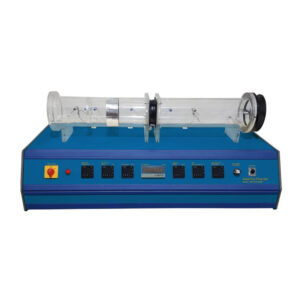An electro-pneumatic training system is a device or setup used to teach and familiarize individuals with the principles, components, and applications of electro-pneumatic systems. It is commonly used in technical education, vocational training, and industrial automation. Electro-pneumatic systems combine electrical and pneumatic components to control and automate various industrial processes. These systems utilize electrical signals to control pneumatic actuators, valves, and other pneumatic devices. They are widely used in manufacturing, robotics, and automation industries for tasks such as material handling, assembly, and process control. The electro-pneumatic training system is designed to provide a hands-on learning experience. It allows users to understand the interconnections between electrical and pneumatic components, learn how to design control circuits, troubleshoot system faults, and program the PLC to perform specific tasks. By working with the system, individuals can gain practical skills and knowledge in electro-pneumatic technology, which is valuable in many industrial sectors.
Experiments:
- Physical principles of electrical systems and pneumatics.
- PLC operated pneumatic platform
- Function and use of electro-pneumatic components.
- Recognizing and drawing of electro-pneumatic symbols.
- Representation of motion sequences and operating status.
- Drawing of pneumatic and electrical circuit diagrams.
- Direct and indirect manual controls.
- Direct and indirect position-dependent controls.
- Logical AND/OR function of switch-on signals.
- Representing motion sequences and switching states.
- Constructing control system using relays.
- Electrical latching circuits.
- Application and function of 3/2 and 5/2-way solenoid valves.
- Analyzing circuits.
- Function and application of limit switches.
- End-position monitoring using electronic proximity sensors.
- Realizing oscillating movement.
- Time-dependent controls with timer relays.
- Using pressure switches.
- Troubleshooting simple electro-pneumatic circuits.




